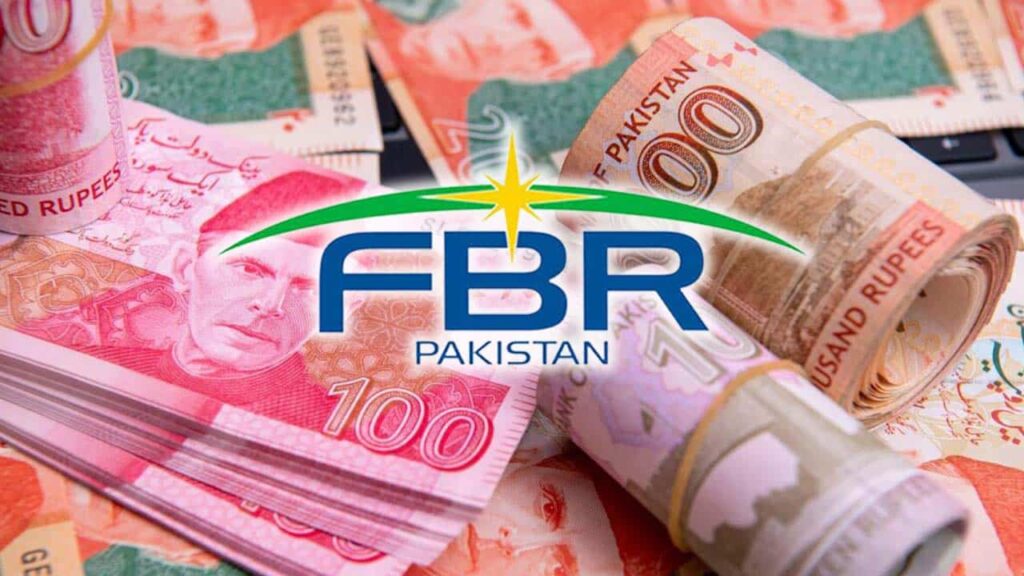- Web Desk
- Feb 24, 2026
Track and Trace System helps FBR surpass annual revenue targets
-

- Shahzad Paracha Web Desk
- Apr 03, 2024

ISLAMABAD: The Track and Trace System (TTS) has played a pivotal role in enabling the Federal Board of Revenue (FBR) to exceed its annual revenue targets.
Sources said that despite facing numerous challenges, even a partial implementation of the Track and Trace System across the sugar, fertilizer, and tobacco sectors has significantly contributed to revenue enhancement for the tax authority.
In the fiscal year 2022-23, the FBR collected Rs 7,164 billion compared to Rs6,148 billion in fiscal year (FY) 21-22, reflecting a remarkable improvement. Moreover, the FBR has surpassed its eight-month target of Rs5,828 billion for FY 2023-24, registering a notable growth of 30 per cent.
However, challenges persist. Delays and resistance to digitization attempts, including writs/legal stays and deferred signing of the Tri-Partite Agreement (TPA), have hindered the full implementation of the system across industries. This has resulted in significant losses to the national exchequer, and the true potential of the TTS is yet to be realized.
Furthermore, there are indications that certain elements within the FBR have been supporting industry efforts to delay implementation, such as granting repeated extensions to the cement sector without penalties.
The effectiveness of the Track and Trace System is evident from the resistance faced in changing the status quo and the complaints received about the system.
Despite this, continuous extensions granted to the industry and limited enforcement by relevant authorities have prevented a complete rollout to date, sources said.
Given the programme’s critical importance for the national economy and the continuous insistence of the IMF for its complete rollout across sectors, the FBR is considering strengthening enforcement efforts. This may include imposing penalties and fines on non-compliant manufacturers, with active monitoring of distributors and retail outlets.
Sources suggested that the system may be extended to other sectors, such as fuel, leveraging existing expertise in fuel marking programmes. This expansion could encompass pharmaceuticals, beverages, and other consumer goods sectors.
In light of the current economic challenges facing the country and the need for enhanced revenue collection to combat illicit trade, the sources said, it is imperative that all stakeholders collaborate for a complete rollout of the system.




